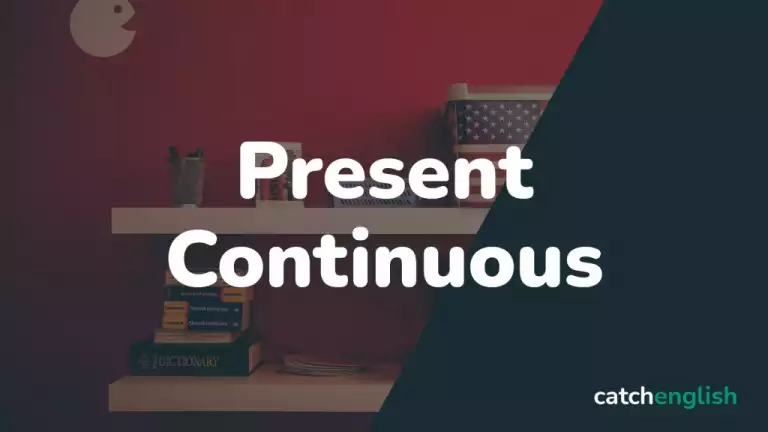Cравнение Present Simple и Present Continuous в таблице

Изучите это объяснение и сравните примеры по Present Simple и Present Continuous:
| Present Continuous | Present Simple |
|---|---|
|
Используйте Present Continuous, чтобы говорить о том, что происходит во время разговора или о том, что происходит вокруг, но не обязательно точно во время разговора. The kettle is boiling. Can you turn it off, please? Используйте Present Continuous для временной ситуации: I'm living with some friends until I can find a flat. |
Используйте Present Simple, чтобы говорить об общих вещах или о вещах, которые неоднократно происходят Water boils at 100 degrees Celsius. Используйте Present Simple для постоянной ситуации: My parents live in London. They have been there for 20 years. |
Некоторые глаголы используются только в "Simple tenses". например, Вы не можете сказать, что "I am knowing". Вы можете только сказать, что "I know". вот список глаголов, которые обычно не используются в "Continuous tenses" (но есть исключения):
Want, like, belong, know, suppose, remember, need, love, see, realize, mean, forget, prefer, hate, hear, believe, understand, seem
have (когда значение, 'обладать')
think (когда значение, 'верить')
Do you like London? (not "are you liking?")
He doesn't understand. (not "he isn't understanding")
These shoes belong to me. (not "are belonging")
What do you think Tom will do? (= What do you believe he will do)
Но: What are you thinking about? (= What is going on in your mind?)
| Состояние | Действие |
|---|---|
| do What do you do?(=what's your job?) |
What are you doing?(=explain your actions) |
|
be, have This house is over 100 years old. Do you have a car? |
He is being very silly! I'm having a great time here. |
|
imagine, suppose,think, expect I suppose this is Jim. I imagine you feel the same. What do you think?(=have an opinion) |
You're supposing he is guilty.(=make an assumption) Ghosts! No, you're imagining things! What are you thinking? I'm thinking of changing jobs.(=considering) |
|
hope, wonder I hope you haven't been waiting long. |
We're hoping to continuethe talks next week.(less definite) |
|
enjoy, like love I enjoy/love going for long walks. |
Are you enjoying the party? I'm loving every minute of my new job! |
|
appear Your visa appears to be out of date. |
Tom is appearing in Hamlet at the Grand Theatre. |
|
see, hear I see/hear you've had your hair cut. I didn't hear any noises. |
Jane is seeing Harry.(=spending time with) You're hearing things! (=imagining) |
|
feel, smell, taste The room smells awful! |
I'm smelling the flowers! |
|
weigh, measure This bag weighs more than 25 kilos. |
I'm weighing the parcel before I post it. |



